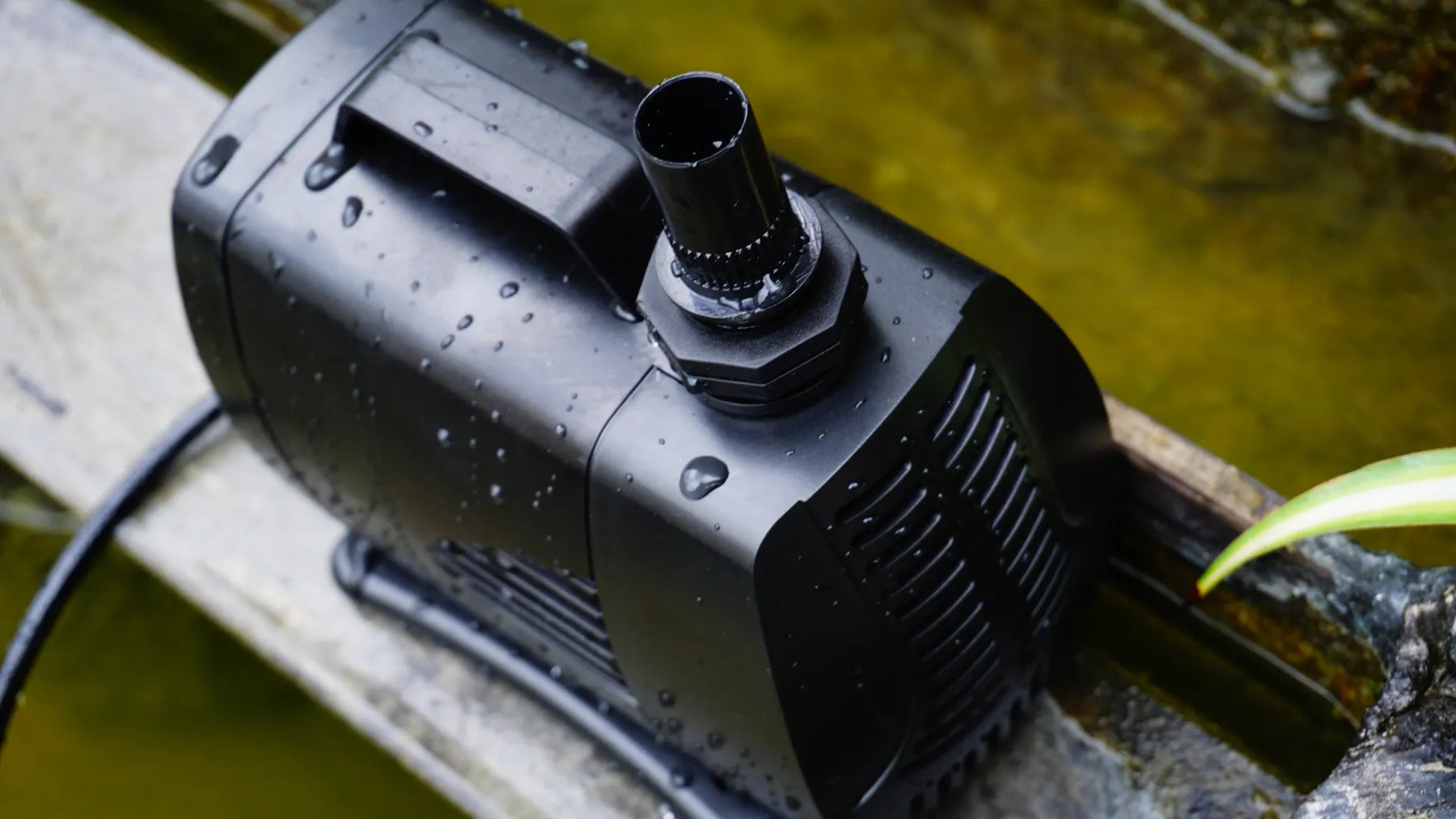
Diagnose your Pond Pump
Pond pumps are essential for maintaining a healthy and balanced ecosystem in your pond. They help circulate water, provide oxygen to aquatic life, and prevent stagnation. However, like any mechanical equipment, pond pumps can experience wear and tear over time, which may result in decreased performance or even failure.
Here are a few signs to look out for when diagnosing if your pond pump needs to be replaced:
-
Decreased water flow: One of the most obvious signs of a failing pond pump is reduced water flow. If you notice that the water is not circulating as vigorously as it used to, or if there is little to no movement in the water, it could be a sign that your pump is failing.
-
Strange noises: Unusual noises coming from the pump, such as grinding, whirring, or clicking sounds, could indicate that the pump is experiencing some kind of mechanical problem. It may be best to replace the pump rather than attempt to repair it.
-
Leaks: A leaking pump is a clear indication that it needs to be replaced. If you notice any water leaking from the pump, turn off the power immediately and contact a professional.
-
Poor water quality: A malfunctioning pump can lead to poor water quality, which can harm aquatic life and plants. If you notice that the water is cloudy, has an unusual smell, or contains excess debris, it could be a sign that your pump is not functioning properly.
-
Age: Like any equipment, pond pumps have a lifespan. If your pump is more than a few years old and is showing signs of wear and tear, it may be time to replace it with a newer, more efficient model.
If you notice any of the signs we listed above, it is important to address the issue promptly. A failing pond pump can have a significant impact on the health of your pond!
Leave a comment